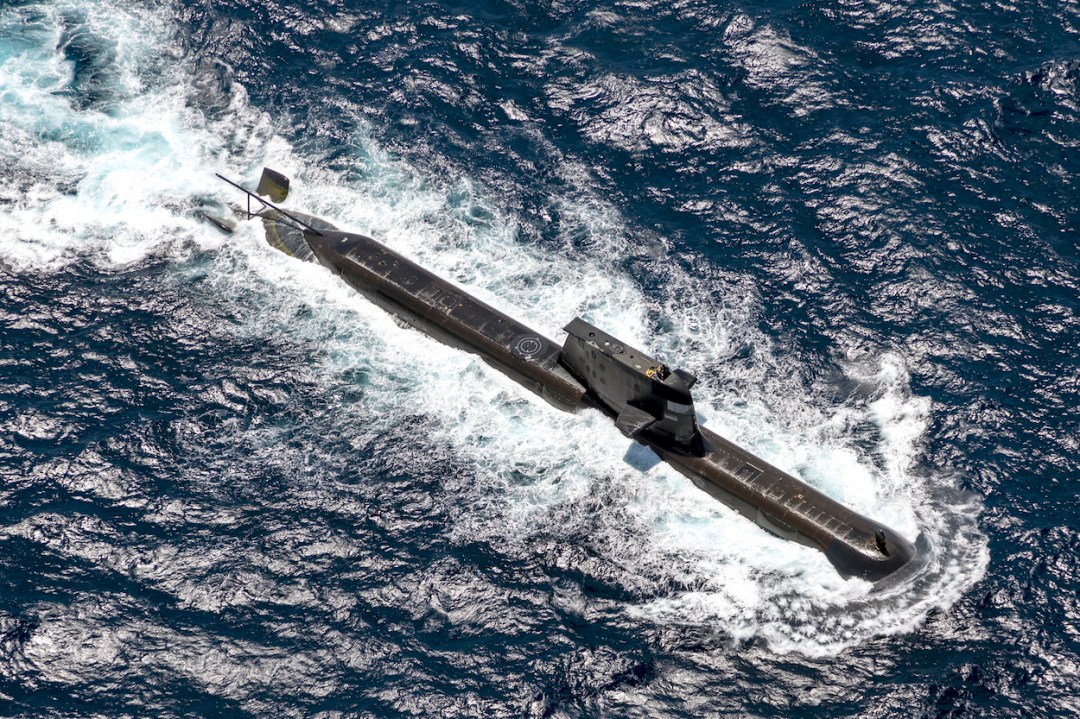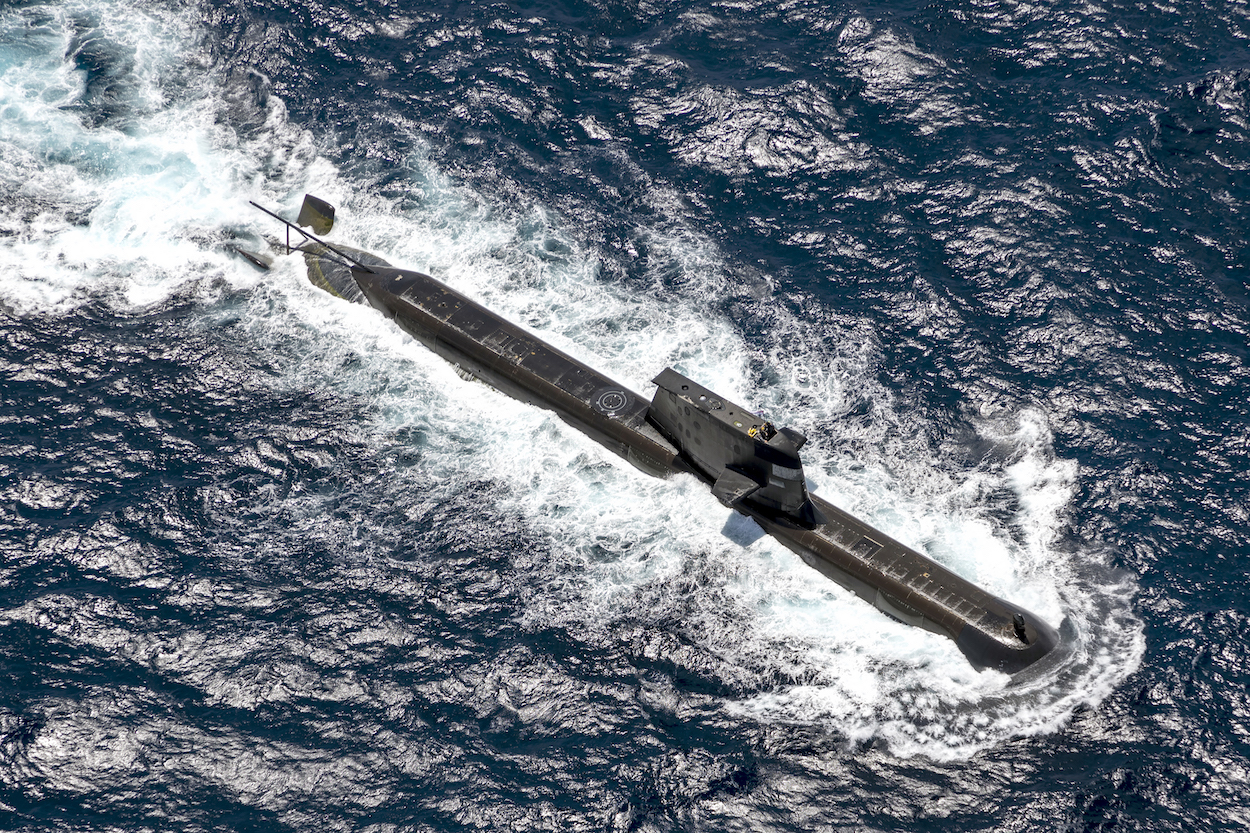After six years of Labour party rule in New Zealand, the country’s foreign policy brings to mind the line about everything being at sea except the fleet. While the conservative National party of prime-minister-elect Christopher Luxon won on familiar-sounding domestic problems – galloping consumer prices, spiking interest rates and urban crime – the importance of foreign policy was not that far away.
For decades, New Zealand has made much of its independent foreign policy stance
Luxon, a former airline boss, has hinted that he will be on board the diplomatic jet as soon as he has finished hammering out a coalition agreement. While the National party mustered an emphatic majority on election night, the country’s fiddly mixed-member proportional representation system requires him to first try to stitch together a governing deal with the other parties on the centre-right, the populist NZ First and the libertarian ACT party.
Israel is part of the story. But New Zealand faces questions from its traditional Anglosphere partners.

Get Britain's best politics newsletters
Register to get The Spectator's insight and opinion straight to your inbox. You can then read two free articles each week.
Already a subscriber? Log in







Comments
Join the debate for just £1 a month
Be part of the conversation with other Spectator readers by getting your first three months for £3.
UNLOCK ACCESS Just £1 a monthAlready a subscriber? Log in